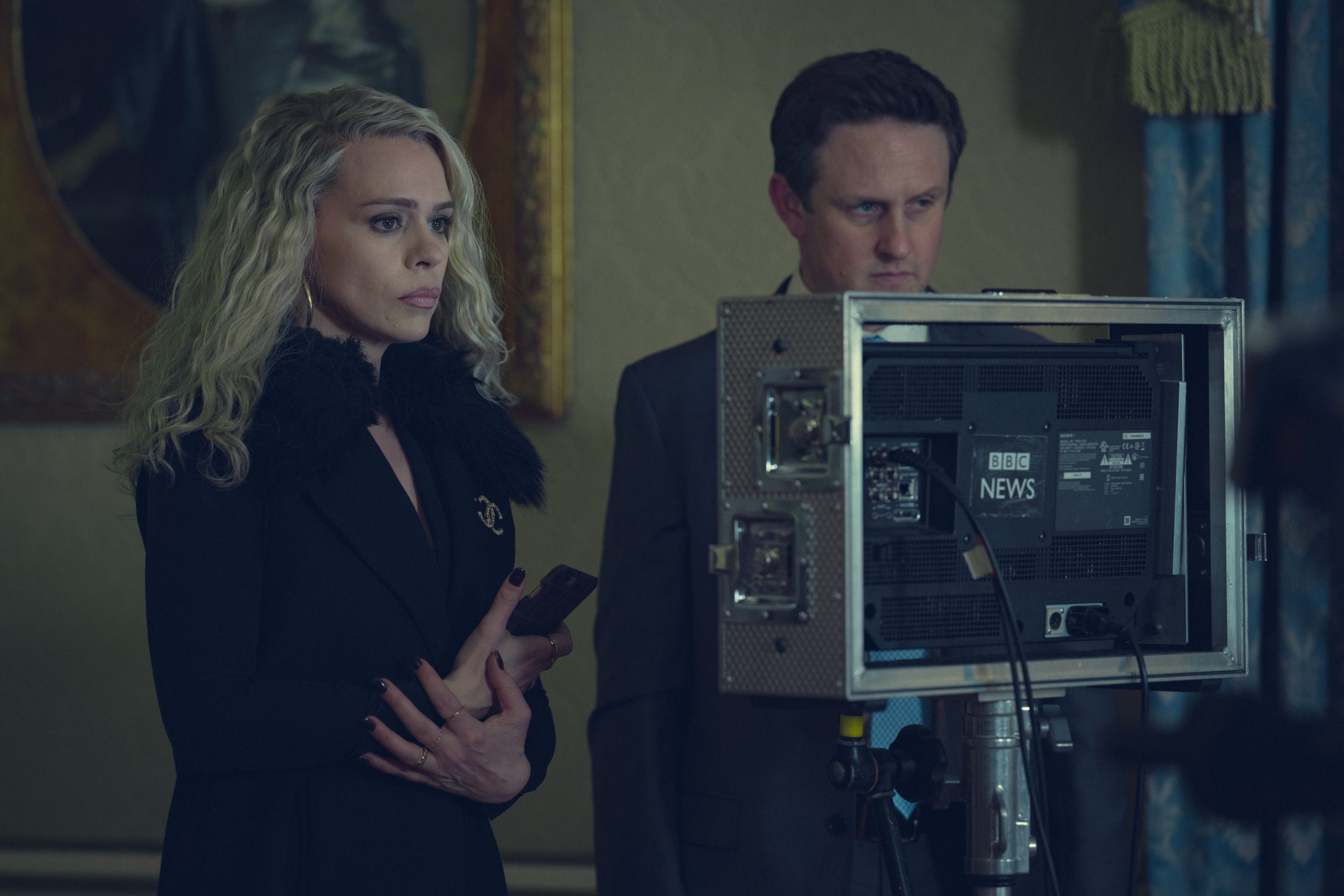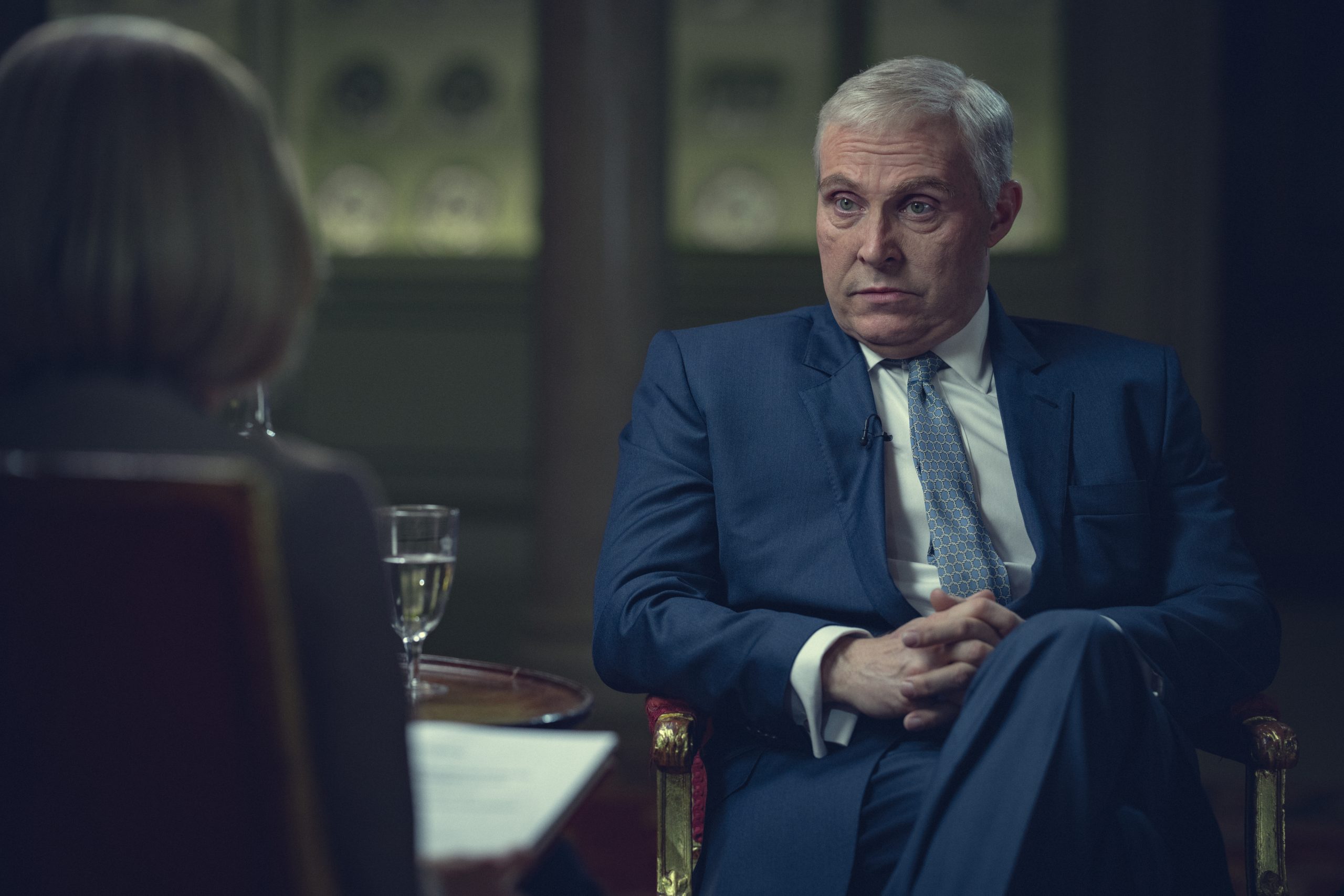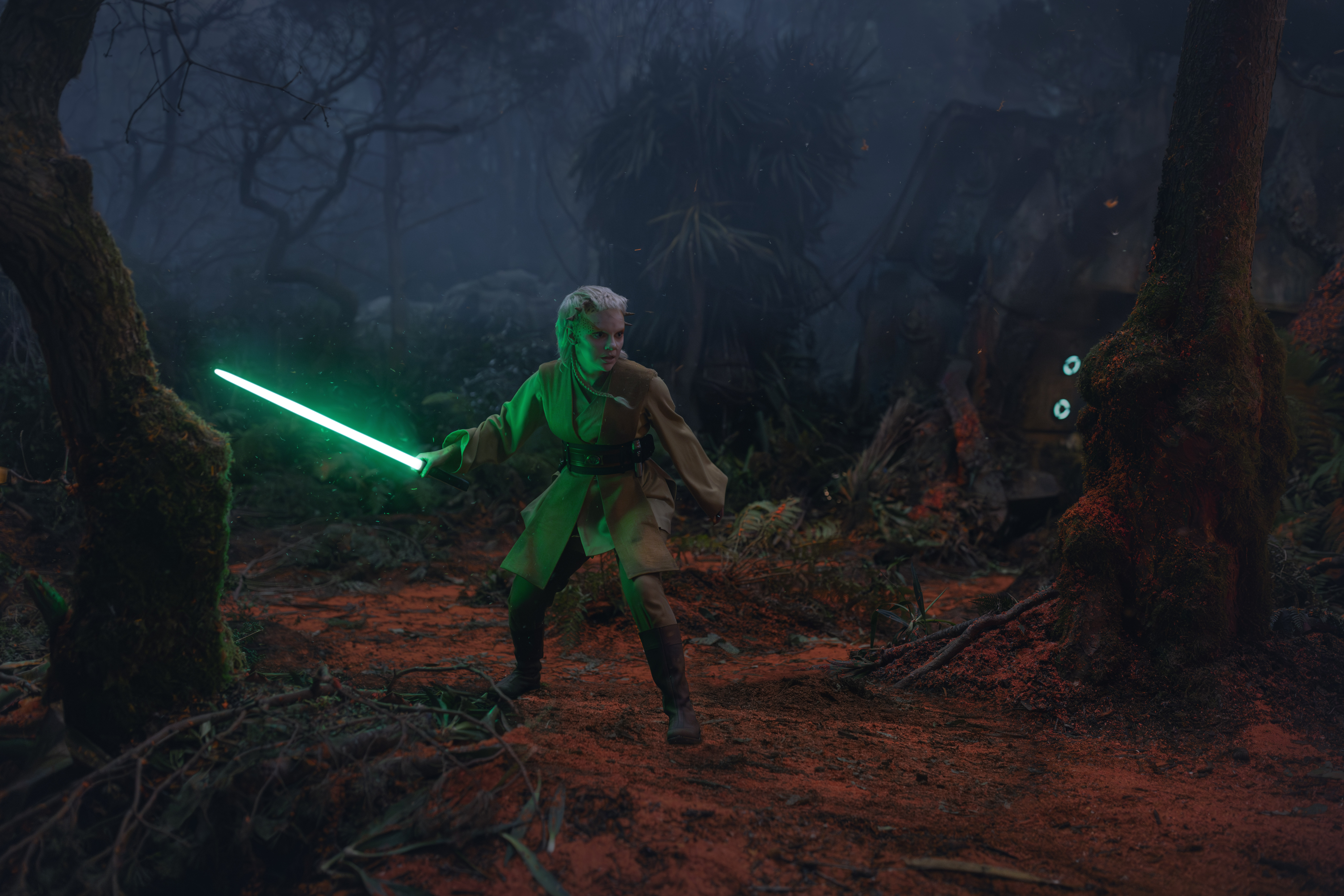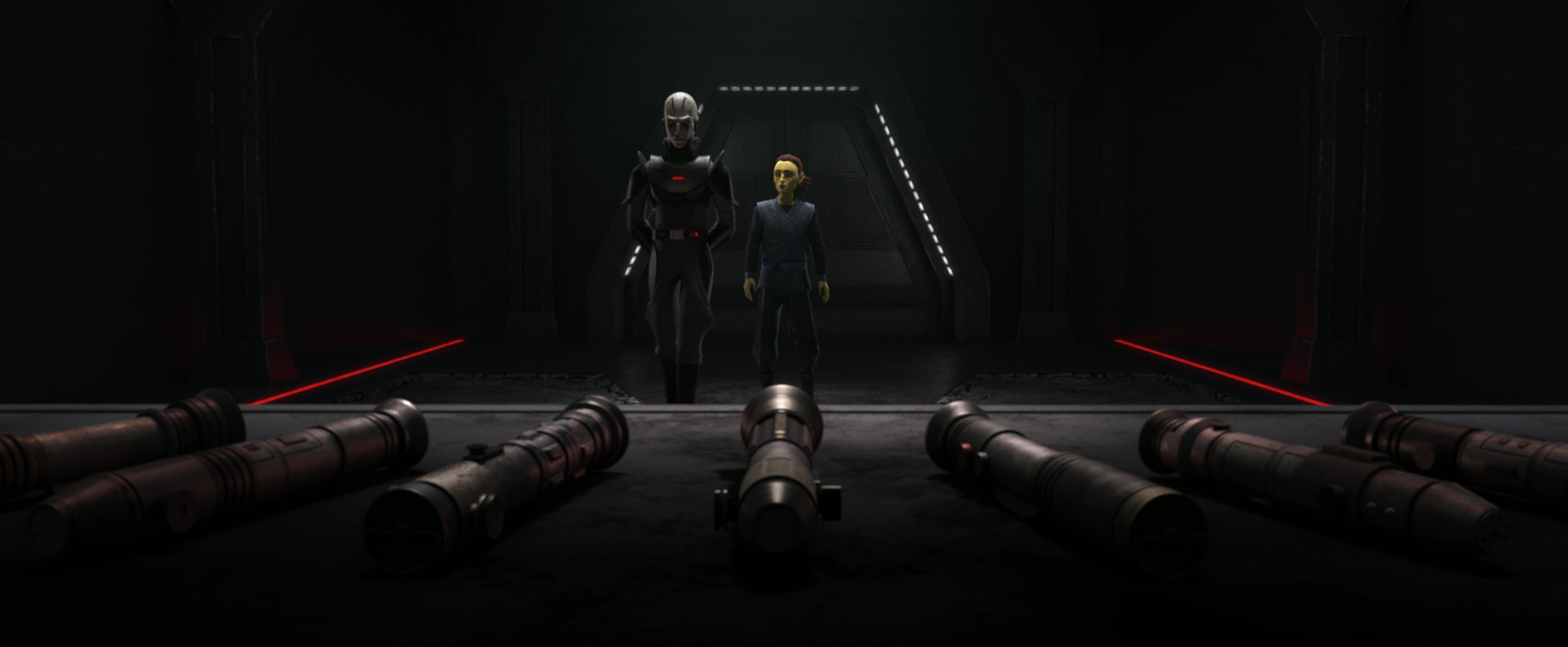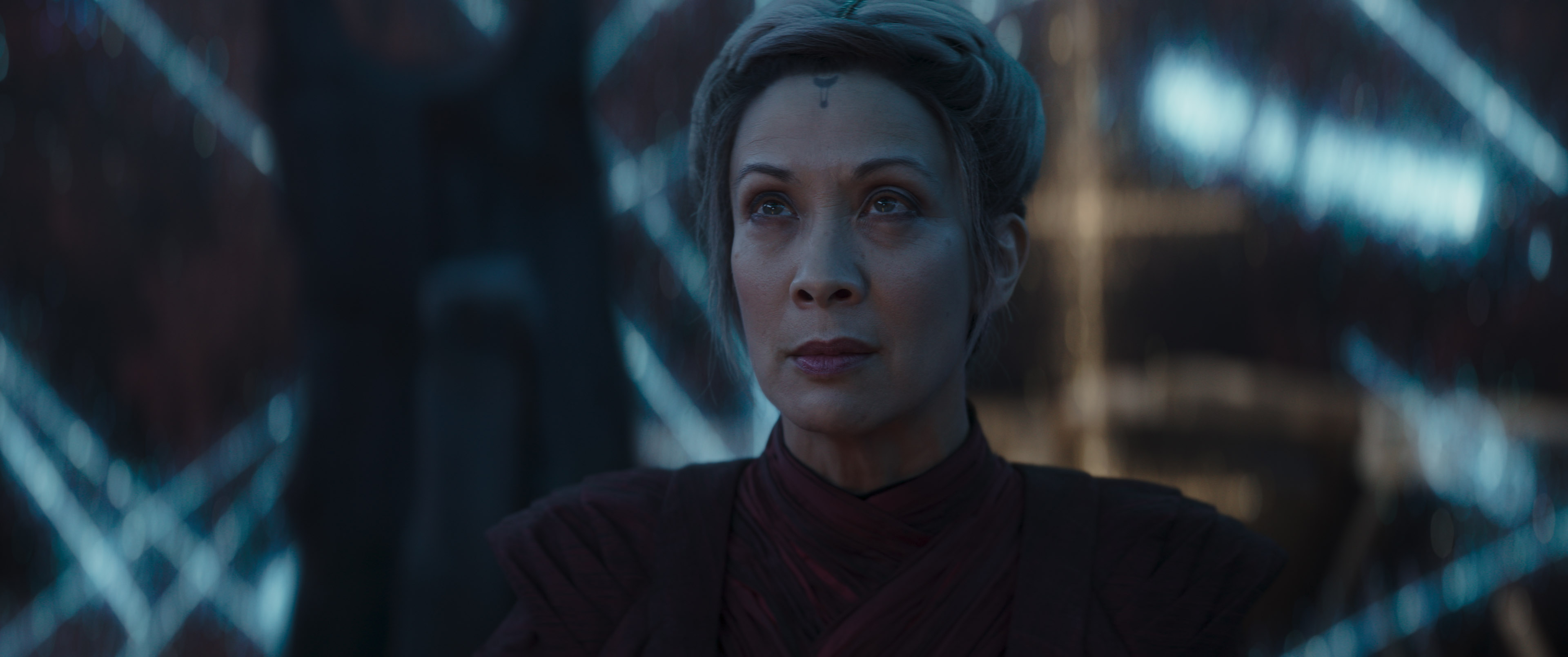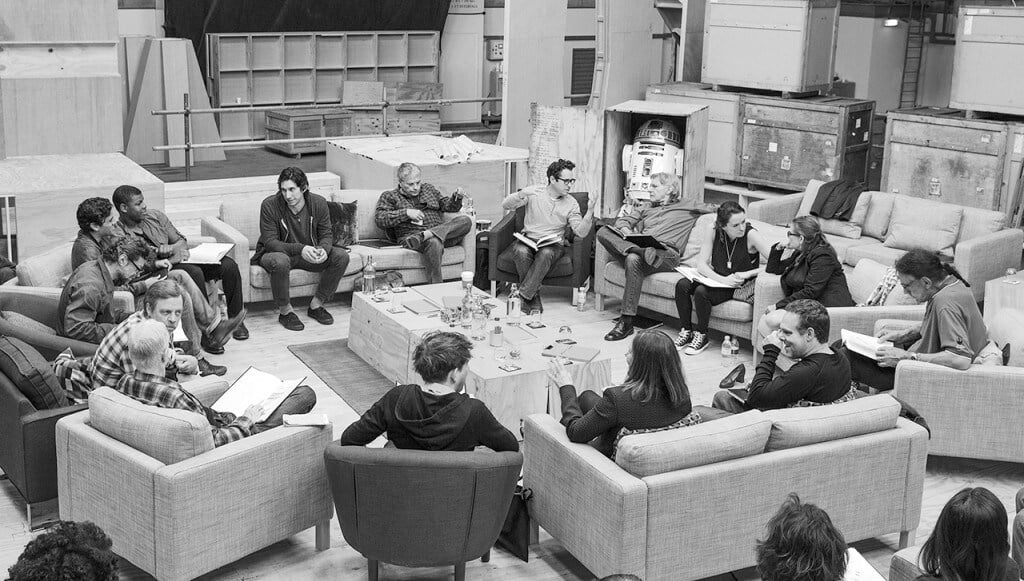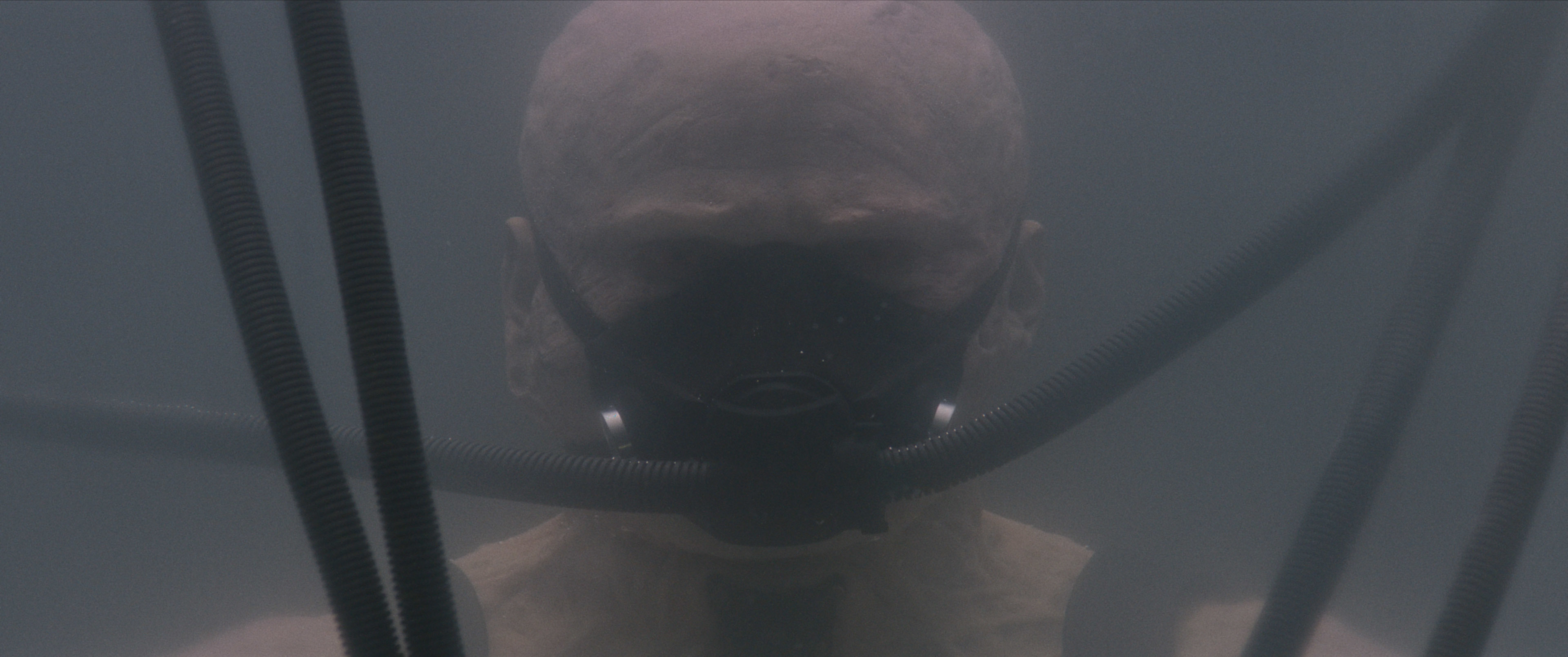‘Scoop’ Netflix Review: Famous Prince Andrew BBC Interview Recreation Lacks a Cohesive Point of View
Have you ever wondered how the 2019 BBC interview with Prince Andrew was put together, and who were the people behind making it happen? Probably not. And that’s precisely why Scoop, the new Netflix narrative movie telling the story of how it happened feels ultimately uninteresting, because even though director Philip Martin and screenwriter Peter Moffat tried to frame it from a variety of story angles, none of them were prioritized enough to feel compelling.
I am a big fan of journalistic stories and movies / TV shows that make the case for journalism to exist as a profession in a world that consumes the news 140 characters at a time. The Newsroom is one of my favorite shows, not just because of Aaron Sorkin’s touch, but also because of how it positioned broadcast news as a fundamental part of how we live our lives. The DOA situation that the BBC was facing back in 2019, is one of the multiple points of view the team behind Scoop considered for the film, as the scenes that bookend the movie show.
But what makes this particular story stand out as part of that narrative reason? A possible frame for the story that Scoop was trying to tell appears later on in the film, and that felt like the most interesting thing about the entire movie. We’ll get to it, but let me backtrack first.
In Scoop we witness how the team behind Newsnight, led by fearless anchor Emily Maitlis (Gillian Anderson) but mostly orchestrated by a newer recruit trying to make a name for herself, Sam McAlister (Billie Piper), convinced the British Monarchy to record a 60-minute interview with Prince Andrew shortly after Jeffrey Epstein killed himself in prison in 2019 — and 9 years after it was publicly confirmed that Epstein and Andrew were still friendly even after the former was convicted on sex offender accounts. It is a chance for Andrew to clean up his image and try to still feel relevant in a rapidly evolving British society, and a chance for the BBC and their flagship show, Newsnight, to tell the country who is still the boss of covering the news.
Sam’s motherhood issues also are sprinkled here and there in the narrative, as we sort of see how her son is having trouble connecting with her when he tries to tell her about this girl he likes from school. Mommy is pretty busy with work and trying to pick up the phone whenever Buckingham Palace calls, so it’s not been easy on anyone. That’s not exactly new, however, and there isn’t much effort into making it feel relevant other than what feels like an attempt at trying to respond to studio notes concerned about there being a lack of connection between the audience and the main character.
However, the most interesting aspect of the film is the exploration of the different ways Prince Andrew (played by Rufus Sewell) and the Newsnight team look at how the interview went, which itself is a microcosm of how each of them looks at the then-Duke of York’s past actions. Andrew sees no remorse and categorically denies any involvement in Epstein’s heinous criminal activities, but it goes well beyond that — there is simply no sympathy for the victims. By the time cameras stop rolling, both parties, interviewer and interviewee, come out of it with a smile on their faces. Andrew thinks he came across as sincere and was able to mark the impression that it was a PR win for him.
But Sam and Emily know much better. They know they have a winner in their hands, as Andrew pretty much behaved like a sociopath, and the fact that he didn’t realize as much shows how far off the deep end he is. And that’s exactly what should have been the angle of the story: the different ways that these two sides look at the depravity of the situation and the lack of guilt and accountability. It’s a very different movie, of course, but the point is that there wasn’t really a point to Scoop, other than to basically pretend like they had a camera in the room when they were preparing the interview. There are even 10 minutes or so dedicated to recreating parts of the interview, with very little filmmaking input in there that would give us a sense of what each person sitting in those chairs is feeling. We don’t even see it through the eyes of Sam and Andrew’s secretary (a woman whose story should also be pretty interesting, because she’s quite attached to a pretty despicable individual), other than a few reaction shots that are introduced here and there to give us a sense of which answers were most harmful.
But despite all of that, and the clear lack of vision, I honestly can’t resist any newsroom-set story, so I definitely don’t regret having put it on. 2019’s Bombshell attempted similar themes but was a lot more compelling in my eyes, mostly because it focused on the victims and the characters even by being, at its core, a retelling of events that happened inside a newsroom.
There is an Amazon three-part series also based on this interview in the works, so perhaps they’ll be able to offer a more nuanced perspective on how it all happened and what it actually means for the country. And that’s the other half too. Characters are constantly discussing how this is so important yet never fully explain why. There’s really no need to be preachy about politics, but explaining their points of view would have actually made them more relatable, rather than assuming we all agree about the importance of the story as it’s being told, would have gone a long way.
Scoop is currently streaming on Netflix.
Miguel Fernández is a Spanish student that has movies as his second passion in life. His favorite movie of all time is The Lord of the Rings, but he is also a huge Star Wars fan. However, fantasy movies are not his only cup of tea, as authors like Scorsese, Fincher, Kubrick or Hitchcock have been an obsession for him since he started to understand the language of filmmaking. He is that guy who will watch a black and white movie, just because it is in black and white.

